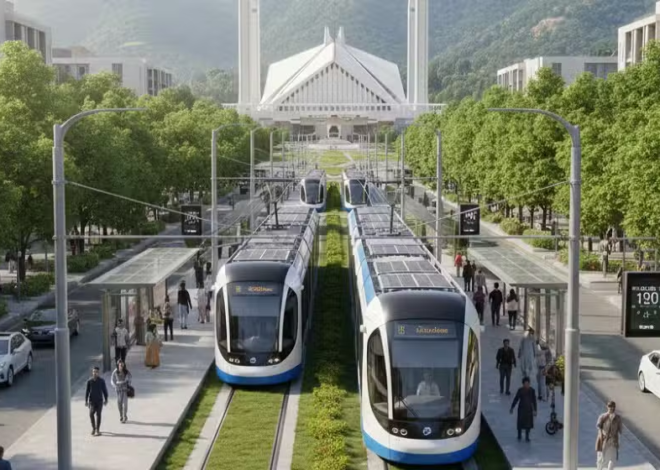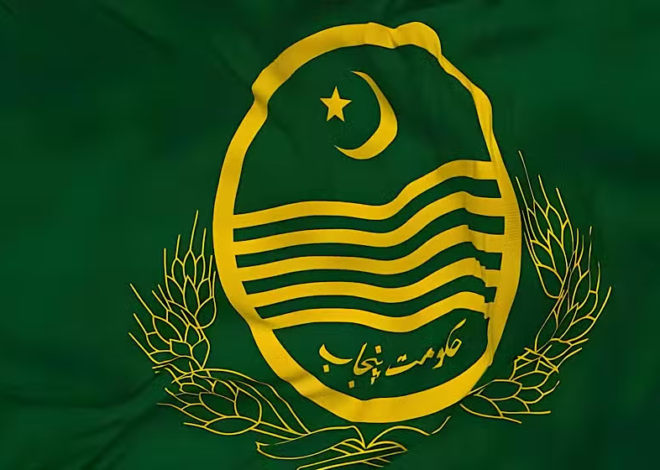
Pakistan, Iran Agree on New Trade and Transport Cooperation
Aleem Khan orders early clearance of Iranian trucks to boost regional trade flow
In a significant development for regional connectivity, Pakistan and Iran have agreed to expand cooperation in trade, transport, and logistics, marking a new phase in bilateral economic engagement.
The understanding was reached during high-level talks in Islamabad, attended by Pakistan’s Federal Ministers Abdul Aleem Khan, Jam Kamal Khan, and Hanif Abbasi, and visiting Iranian Minister Farzana Sadiq.
Both sides decided to form a joint committee to resolve border trade challenges and accelerate the movement of goods between the two countries. The committee will submit its initial report within a week, underscoring both governments’ commitment to swift implementation and tangible results.
Aleem Khan Directs Early Clearance of Iranian Trucks
During the meeting, Federal Minister for Communications Abdul Aleem Khan instructed officials to ensure early clearance of Iranian trucks at Pakistan’s border checkpoints to remove bottlenecks in cross-border trade.
He also offered Iran access to Chinese and Central Asian markets through Pakistan’s strategic trade corridors, describing it as a mutually beneficial step toward regional economic integration.
“Pakistan is ready to facilitate Iran’s trade through our transit and logistics infrastructure, including CPEC corridors,” Aleem Khan said, emphasizing Islamabad’s resolve to strengthen ties with neighboring states.
Focus on Rail and Maritime Connectivity
Both sides also agreed to restore the Quetta–Zahedan railway track, a crucial route connecting Pakistan’s Balochistan province with Iran’s Sistan-Baluchestan region.
It was further decided that the long-discussed Islamabad–Tehran–Istanbul (ITI) train project will be reviewed in December, signaling renewed momentum in transcontinental transport cooperation.
Railways Minister Hanif Abbasi reaffirmed Pakistan’s commitment to implementing the bilateral rail agreement signed in September.
Meanwhile, the Iranian minister emphasized the need for closer maritime cooperation between Gwadar and Chabahar ports, highlighting the ports’ strategic potential to become twin hubs for regional trade. She lauded Aleem Khan’s “dynamic leadership” in promoting regional partnerships.
Trade Targets and Future Engagements
Commerce Minister Jam Kamal Khan expressed Pakistan’s intention to increase bilateral trade volume to $10 billion, up from the current $2 billion, citing strong interest from both public and private sectors.
The Iranian delegation welcomed Pakistan’s proposal and extended an invitation to Abdul Aleem Khan to visit Tehran again, reaffirming Iran’s commitment to deepening cooperation across multiple sectors, including transport, energy, and border trade facilitation.
“Pakistan and Iran are coming closer after a long time,” Aleem Khan said, emphasizing that both nations are ready to translate goodwill into practical outcomes.
The renewed dialogue reflects a broader regional push to enhance economic corridors, particularly in light of expanding China–Pakistan–Iran linkages and shared interests in infrastructure, energy, and logistics.


